-
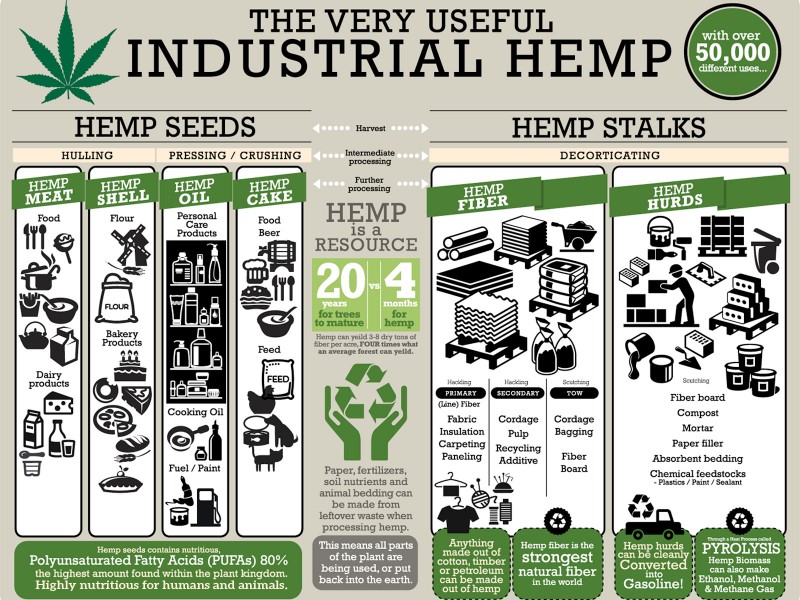
Hemp for a Healthy Planet
A simple way to do great by the planet is to purchase products made from hemp. That’s right, hemp. And no, I’m not talking about the plant that conjures aromas of patchouli and slow talking hippies. I’m talking about its fibrous cousin, a plant that is hands-down the most sustainable
-
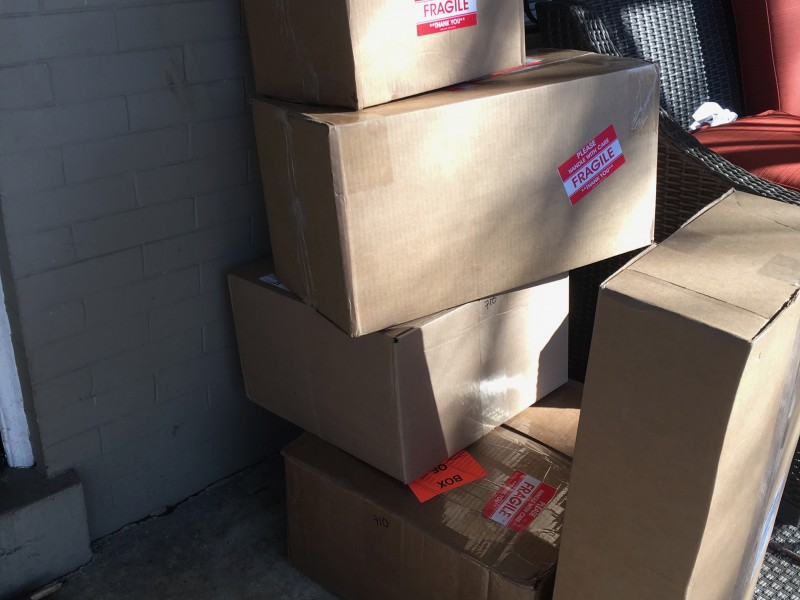
Greening your wedding registry
Today’s post is from Finley’s dear family friend, Ryan Dunn, with some great insights as to greening your wedding registry! I have a recurring dream, really more of a nightmare. I’m being chased down the aisle at my wedding by a cresting wave of cardboard boxes, tissue paper and
-
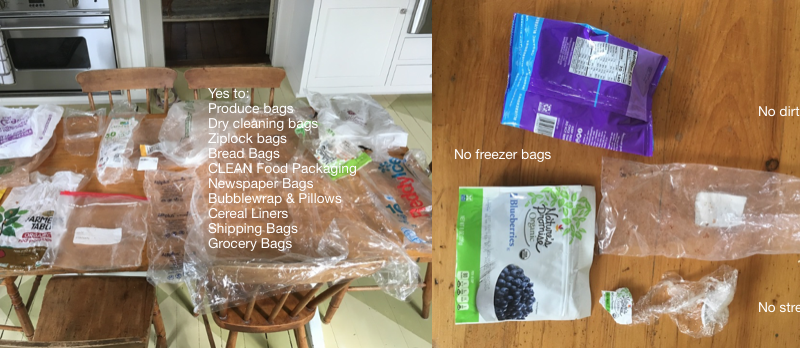
Plastic Film Recycling—It’s in the bag!
Did you know that plastic bags are typically made from the same plastic as recyclable milk jugs, water bottles and shampoo and detergent bottles but in “film” form? The trouble is these lightweight films jam the equipment used to recycle other high density (#2) and low density (#4) polyethelene plastics
-
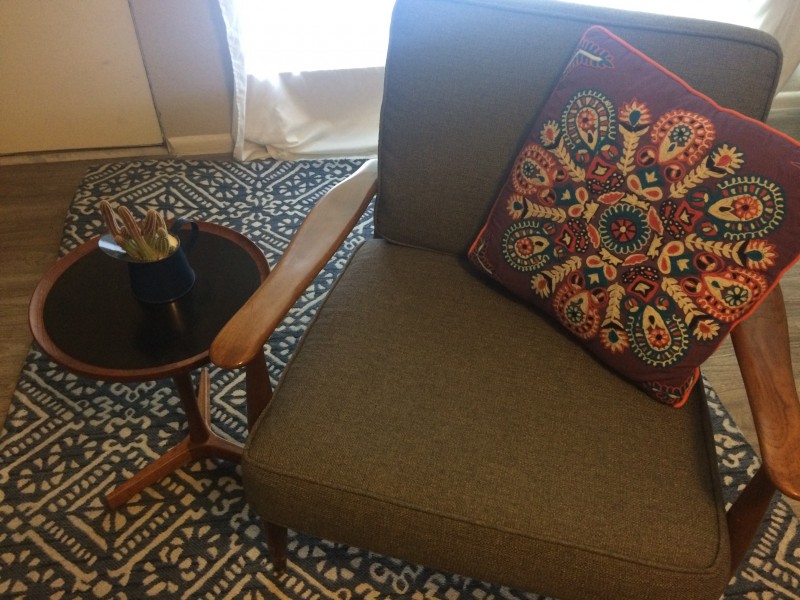
Up-cycled Decor
Editor’s Note: Evan Gorelick (Finley’s cousin) and his fiancé Katie O’Connell moved to Phoenix, AZ in 2017. Staying green in the brown desert — known for its lack of natural water — hasn’t been easy. But they’ve found ways to make it work. Phoenix’s Melrose neighborhood is a center for
-
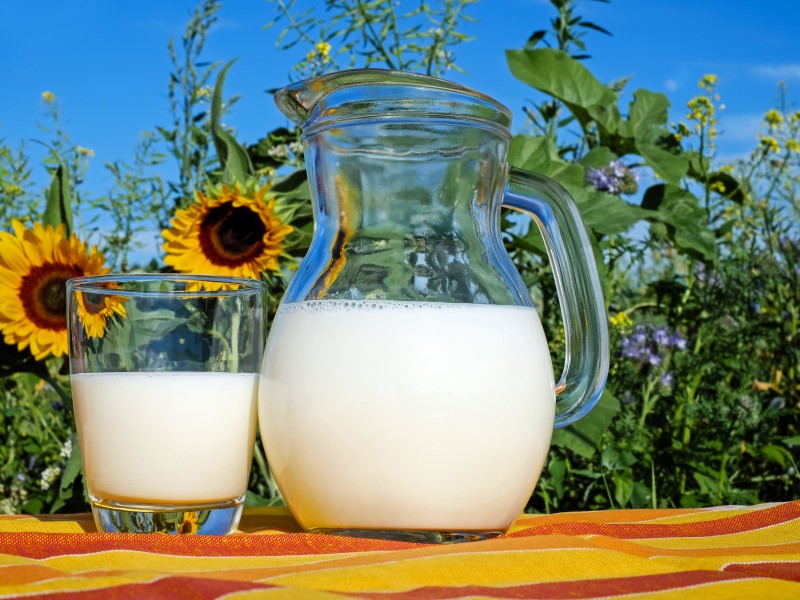
Wow! No Cow.
Are you trying to “green” your grocery list? First, cross off beef ‘cause it has one of the highest environmental footprints. Then the next item to go might be dairy. Many farms grow soy, oats and other grains for livestock feed and in the process emit greenhouse gases and use vast amounts
-
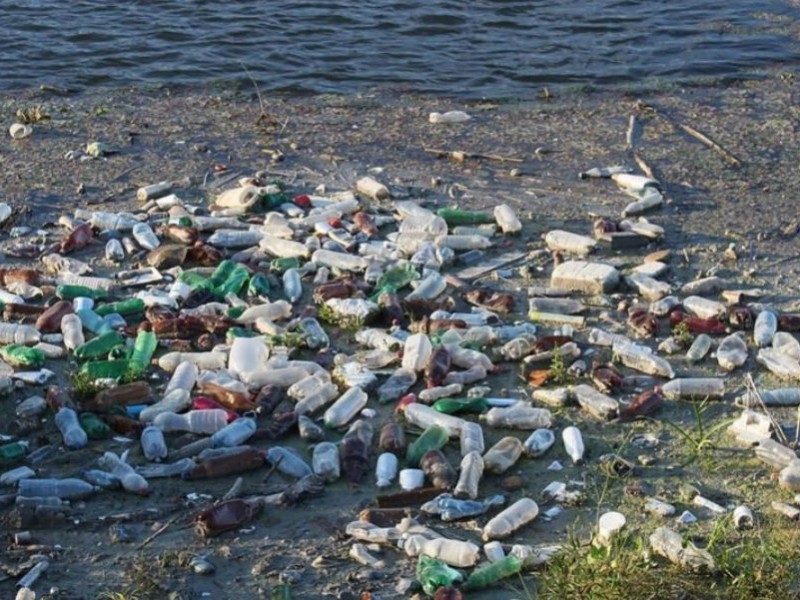
Plastic Surgery
Plastics in the ocean, Plastics on the beach, Plastics in our bodies. No! An end we do beseech! Single-use, throw-away plastics are everywhere in our lives. The downsides are numerous enough to write a book as thick as Moby Dick. Plastics are made from petroleum. Plastics put harmful chemicals including
-
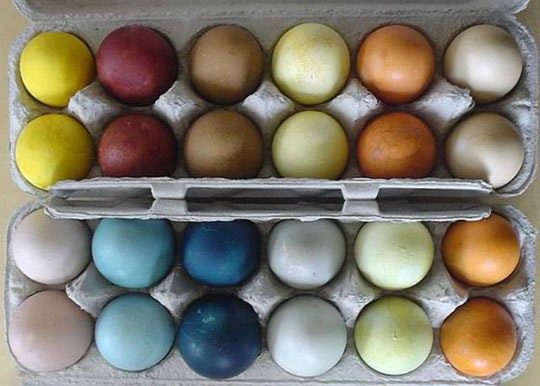
An Easter Primer on Dyes
Did you know the first synthetic dye, “Mauvine”, was produced in 1856? This invention opened the door to a flood of cheap synthetic dyes that are easy to make, colorfast, and come in an unlimited variety of colors. Unfortunately these synthetic dyes sometimes contain mercury, lead, chromium, and a host
-
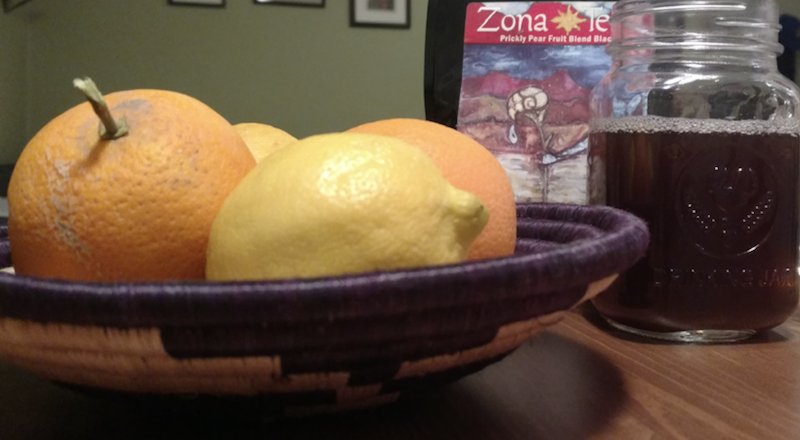
Staying Green in a Brown Desert – Tip #3
Editor’s Note: Evan Gorelick (Finley’s cousin) and his fiancé Katie O’Connell moved to Phoenix, AZ in 2017. Staying green in the brown desert — known for its lack of natural water — hasn’t been easy. But they’ve found ways to make it work. How far does your food have to
-
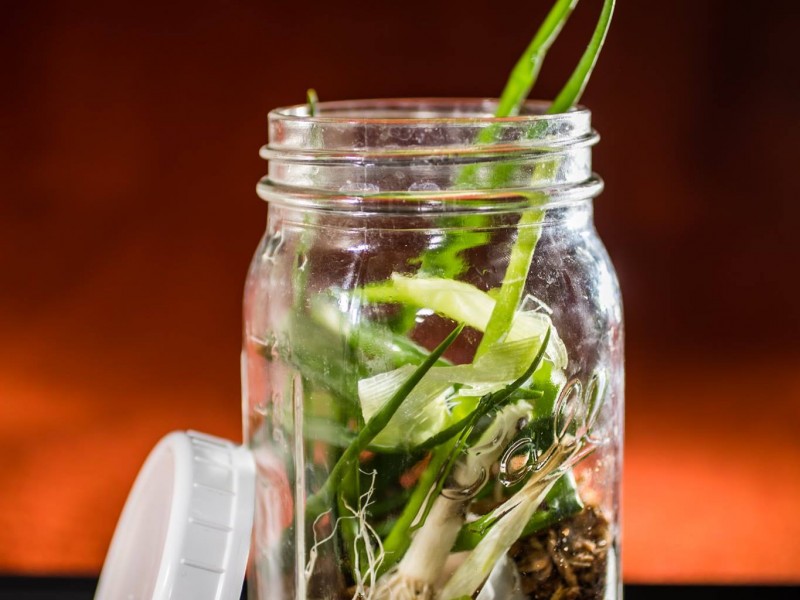
Kitchen Counter Composting
One of the simplest and quickest ways to reduce your greenhouse gas footprint is to compost your food scraps. According to the EPA, our scraps make up about 20-30% of what goes into U.S. landfills, where banana peels, wilted lettuce, and bread ends turn into mega methane generators. The EPA
-
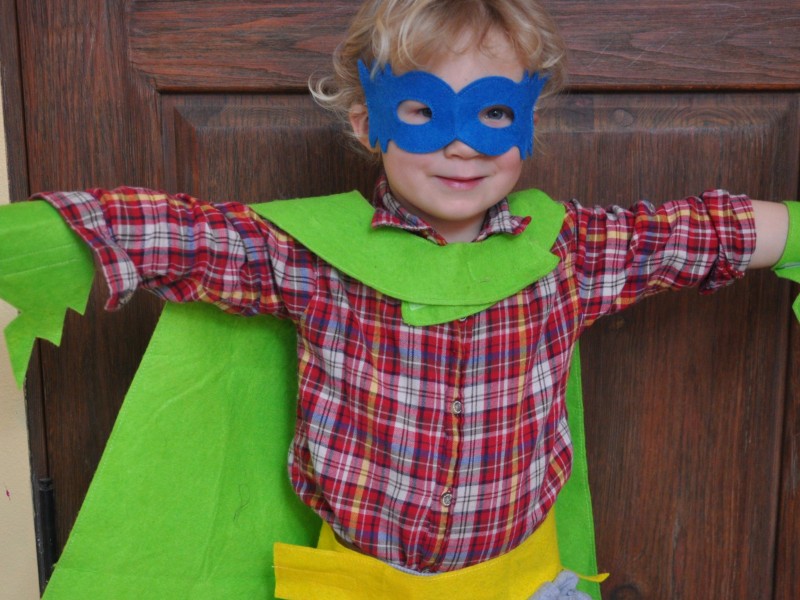
Zap the Gap
Finley’s little cousin, Henry is ready to zap the gap and stop those chilly drafts. Are you a Draft Zapper, too? The number one cause of energy waste in most homes is air leakage. Filling in the cracks around doors and windows is easy to do with a combo of

